CTPAT: An Anchor for Weathering the Trade Storms
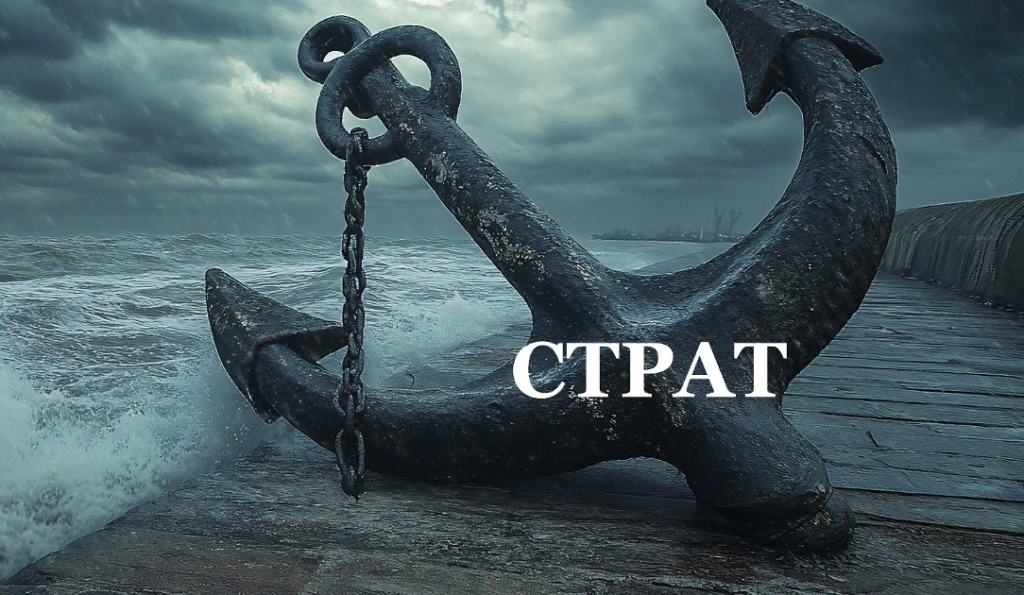
A few weeks ago, at the Trade and Cargo Security Summit, held in New Orleans, we learned that CBP (Customs and Border Protection) WAS NOT going to discuss the current administration’s policy during the conference. (Cue the dramatic music). Will you feel better if I tell you the groan across the audience was conspicuously audible? No? Well, I tried.
The Ghost of CDSOA Still Haunts Us
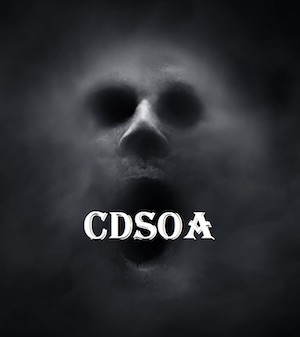
One of the most anticipated decisions of the Supreme Court’s recent term was Loper Bright Enterprises v. Raimondo. While the specific underlying dispute in Loper Bright isn’t relevant to the trade community—did fishermen have to pay for government-mandated observers on their vessels?—the Court used this case to overturn the broadly applicable judicial deference test established in 1984 in Chevron U.S.A. Inc., v. Natural Resources Defense Council.
From Awareness to Action: A Deep Dive into CTPAT Training
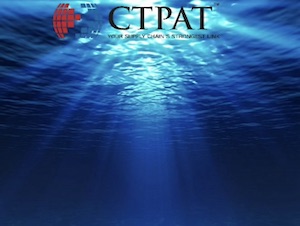
By: Judy Davis, Senior Trade Advisor, Braumiller Consulting Group In the global trade universe, where time holds huge importance, weak security practices in your international operations could be detrimental to your business. Customs and Border Protection (CBP), the folks behind CTPAT, are getting serious about proof. Your Supply Chain Security Specialist (SCSS) is like the […]
Navigating the Hurdles: Challenges of Conducting an Annual CTPAT Security Review
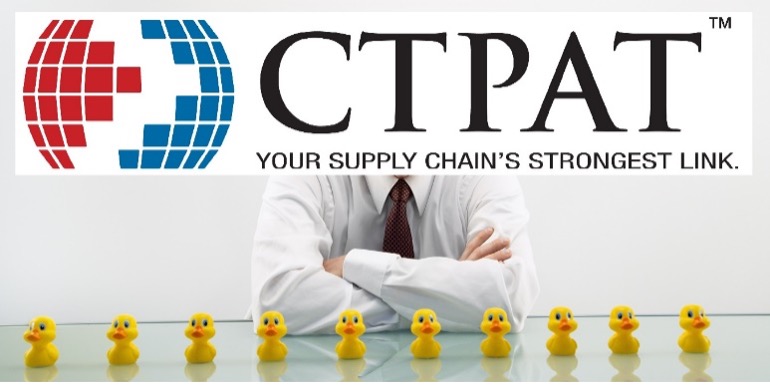
The Customs-Trade Partnership Against Terrorism (CTPAT) program can offer a fast thoroughfare for international trade. But navigating the annual security audits that ensure CTPAT compliance can feel like a maze. Don’t worry, we’ve got you covered! Let’s explore some common hurdles faced during CTPAT security audits, along with practical tips to simplify the process.
Judicial Deference in Customs Litigation

One of the most anticipated decisions of the Supreme Court’s recent term was Loper Bright Enterprises v. Raimondo. While the specific underlying dispute in Loper Bright isn’t relevant to the trade community—did fishermen have to pay for government-mandated observers on their vessels?—the Court used this case to overturn the broadly applicable judicial deference test established in 1984 in Chevron U.S.A. Inc., v. Natural Resources Defense Council.
A Day in the Life of a Trade Compliance Manager: A Corporate Parable

A fly on the wall at an executive retreat for Acme Super Duper Widget Company overhears the following conversation between Pete, the CFO, and Saira, the General Counsel.
Forced Labor Questionnaires: Another Helpful Hint
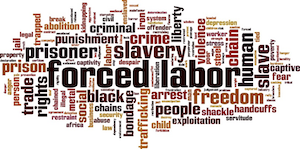
In February 2024, Customs and Border Protection (CBP) began taking a new approach to Uyghur Forced Labor Prevention Act (UFLPA) enforcement—questionnaires. Once again, the solar industry is among the first targets, vanguards among importers, hacking their way through new regulatory growth, hopefully exposing a clear way through for all who follow. Active enforcement mechanisms like questionnaires—and the Forced Labor Enforcement Task Force (FLETF) itself—are still evolving.
De Minimis An Ever-Growing Problem of De Maximus ProportionDe Minimis

De minimis is a term that refers to a threshold below which certain goods are exempt from import duties or taxes. However, in the landscape of international trade, it has become a contentious issue for the United States. Those “bad actors”, and even some, not so bad, but willing to take advantage of a loophole have found a way around the tariffs. This so-called loophole of allowing goods with a fair retail value of $800 or less to enter the U.S. without paying an import tariff has become a monster that Customs needs to find a way to deal with conclusively.
Who is the Importer of Record: Security Interests and the Right to Act As IOR

By: Gavin Andersen, Law Clerk, LCB and Adrienne Braumiller, Founding Partner, Braumiller Law Group Last June (2023), in response to a ruling request from Your Special Delivery Services Specialty Logistics (YSDS), Customs and Border Protection (CBP) issued HQ H324098, clarifying what it means to be an “owner or purchaser” with sufficient financial interest to act as […]
Latest Developments with The Uyghur Forced Labor Prevention Act and New Leadership at the Department of Homeland Security Signal Heavier Enforcement is Likely
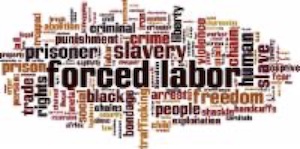
In recent years, the global spotlight has illuminated the grave concerns surrounding human rights violations within China’s Xinjiang region, particularly those impacting the Uyghur population. The Uyghur Forced Labor Prevention Act (UFLPA) stands as a pivotal piece of legislation designed to address these concerns and to ensure that products imported into the United States are devoid of forced labor originating from the Xinjiang region.
